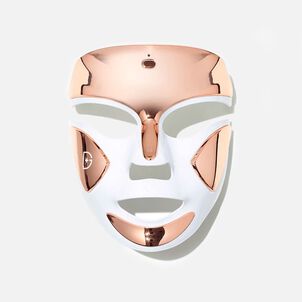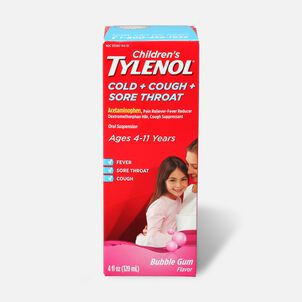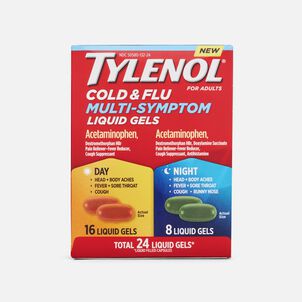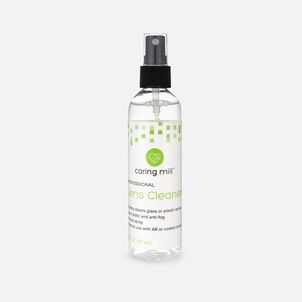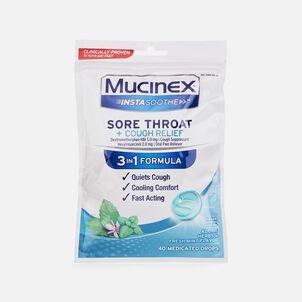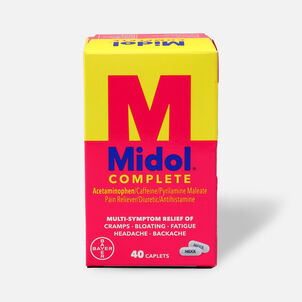 | SHOP NOW
| SHOP NOWSubstance abuse comes in many forms. But here's the truth: less than 1% of Americans get the treatment they need. If you're ready to change your life, cost doesn't have to stop you. The road to recovery isn't easy, but you do have options.
Costs for substance abuse treatment will vary
The cost of treatment ranges from a few hundred to tens of thousands of dollars. Every treatment is different and a lot of factors can drive up the price:
- inpatient vs. outpatient
- public vs. private
- your diagnosis
- how much post-rehab recovery you need
It's easy to feel overwhelmed by all the options. That's why it's a good idea to review each choice with a healthcare professional. An unbiased opinion may be useful to find the best fit for your illness.
See what your health insurance plan will cover
Don't immediately assume you won't be covered — at least in part — by your health insurance plan. The Affordable Care Act made addiction services available to more people. This includes the expansion of Medicaid, our country's biggest source of funding for substance abuse treatment.
The specifics will vary by state, but all marketplace and Medicaid plans must cover substance abuse treatment. No one can deny coverage or charge you more because of your past history of substance abuse. And there's no annual or lifetime limits.
You also have parity protection. This means your mental health coverage costs the same as the rest of your body. Insurance companies can't demand higher copayments or have higher deductibles. Proof of medical necessity or prior authorization won't be different either.
If you're confused by your plan, thumb through your Summary of Benefits and Coverage. It should be easy to understand (and it's required by law!) You can also contact your state's Consumer Assistance Program (CAP). Other options may include Medicare or Veterans Affairs coverage.
Leverage your health savings account
Got a high-deductible health plan? Higher out-of-pocket expenses can be a burden. But using your health savings account (HSA) can help ease the sting. First, deposit money into your HSA before taxes. When you're ready to make a payment, the money can be used for qualified medical expenses. And treatment for substance abuse counts. Any expense on the approved list can be paid for with your HSA.
Alcoholism: what's covered
Expenses for inpatient treatment for alcoholism — including meals and lodging — are HSA eligible. If Alcoholics Anonymous meetings are part of your treatment, transportation costs are approved.
Drug addiction: what's covered
The approved expenses for drug addiction are a lot like those for alcoholism. Medical expenses at an inpatient drug addiction center are allowed. Using your HSA to cover meals and lodging related to the inpatient treatment is allowed.
Tip: For tax purposes, it's always a good idea to keep detailed records of any expenses paid for with your HSA. This includes itemized receipts and letters of medical necessity from your healthcare providers.
Alternative ways to pay for substance abuse treatment
If health insurance and your health savings account isn't enough, you aren't out of options. State-funded treatment facilities may be a more affordable route. As you start doing research, you may also uncover locally-funded programs in your city.
Negotiating with your treatment facility may also be an option. You may be eligible for a loan or payment plan. If these aren't available, see if scholarships or grants are. Some providers have a "treatment first" policy and won't turn you away if you can't afford it.
If you have exhausted all these options, don't be afraid to ask friends and family for help. They may be more willing than you think to chip in. Chances are, they are eager to see you get better as soon as possible.
Don't let cost stand in the way of treatment
Getting help for addiction isn't easy, but it's one of the most important decisions you'll make. If you're ready for treatment, and cost is a concern, explore all options. Health insurance and your health savings account (HSA) are a great place to start.
If you're coming up short, alternatives like government-funded facilities or gifts from family may fill in the gaps. No matter which choice you make, you're already one step closer to sobriety.


.png)
